4 Eco-Friendly Tips to Get your Car Ready for Summer
Getting the car ready is on the spring and summer cleaning list for most of us, I am sure. I am working with the International Carwash Association to share these tips. However, my opinions are entirely my own and I have not been paid to publish positive comments.
Vehicles go through a lot during the winter. It’s time to start enjoying them again during the nicer weather.
Whatever your summer plans might include, everyone should give their vehicles a fresh cleaning for the season.
Get all that leftover salt and nastiness off and be ready for road trips or any of your summer travels.
WaterSavers®, a consumer awareness campaign from the International Carwash Association® (ICA), has some tips to help us get back on the road in an eco-friendly way.
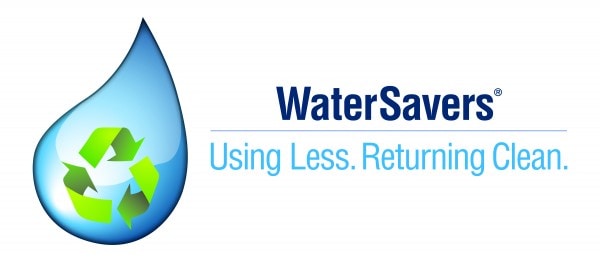
4 Tips to Get your Car Ready for Summer
- Go to the car wash. Get your car washed at a professional car wash. Getting all the winter gook off is top priority and using a professional car wash is a great way to protect the environment.
According to the International Carwash Association, WaterSavers professional car washes use an average of 40 gallons of water or less per car while recycling and filtering their water to prevent harmful chemicals from going into our rivers and streams.
Professional car washes also remove salt from the undercarriage of your vehicle, which is a must after a long winter. By comparison, the average home washing machine uses 41 gallons per cycle, and a garden hose uses 63 gallons of water in just five minutes.
You can learn more, and find a WaterSavers wash at Washwithwatersavers.com. - Deep clean the interior. Don’t forget about the inside abuse that your car takes over the winter. How many times did you hop into your vehicle with dirty, snowy, and salty feet?
Apply some baking soda and a rubber sponge to your floor mats for an environmentally friendly and efficient way to clean. Wipe down the interior surfaces with a microfiber cloth, and vacuum the seats and floor. - Get a maintenance check. Don’t skip your oil change or having all the fluid levels checked out. The more efficiently your car runs, the more gas you will save.
- Check tire pressure and alignment. Low tire pressure will cause your vehicle to overexert itself and waste gas so make sure your tires are up to the task. Your tires list their recommended pressure on the side.
If you can’t find it, you can find the recommended tire pressure in your owner’s manual. It is also a good idea to have a certified technician conduct an alignment test since it could have been thrown off by driving over pot holes during the winter months.
Learn more tips and stay in touch with WaterSavers on Facebook and Twitter.
What do you do to get your car ready for summer?

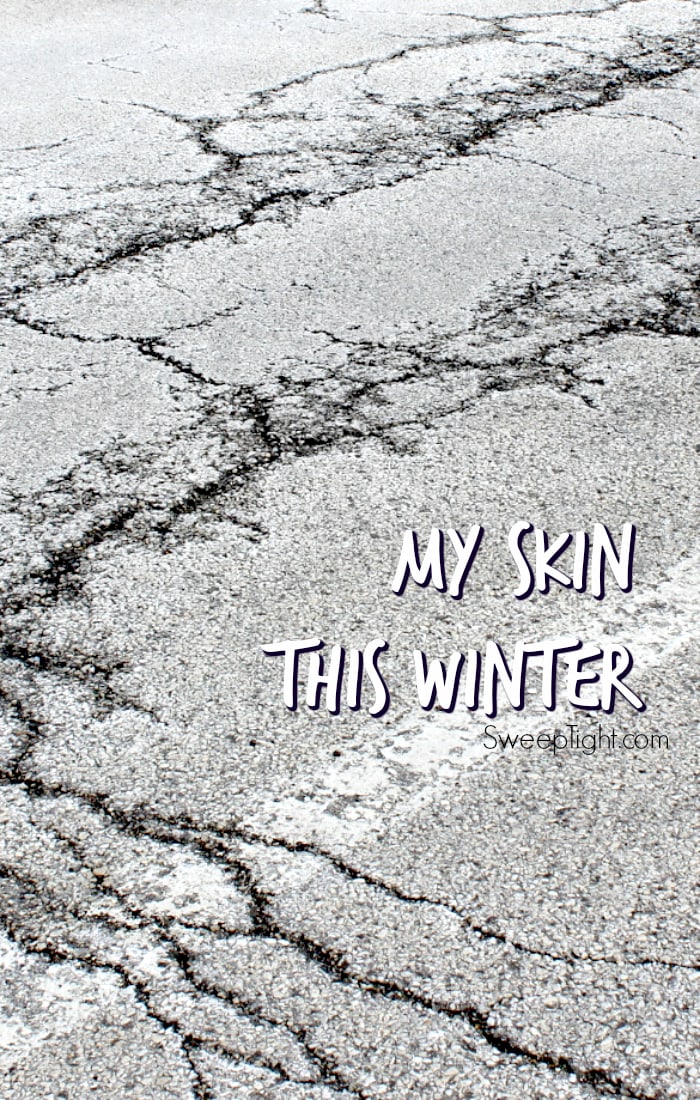
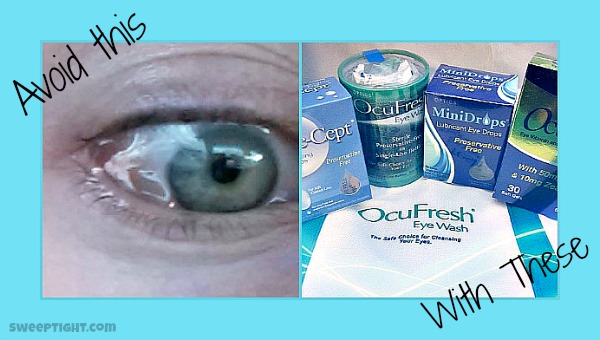
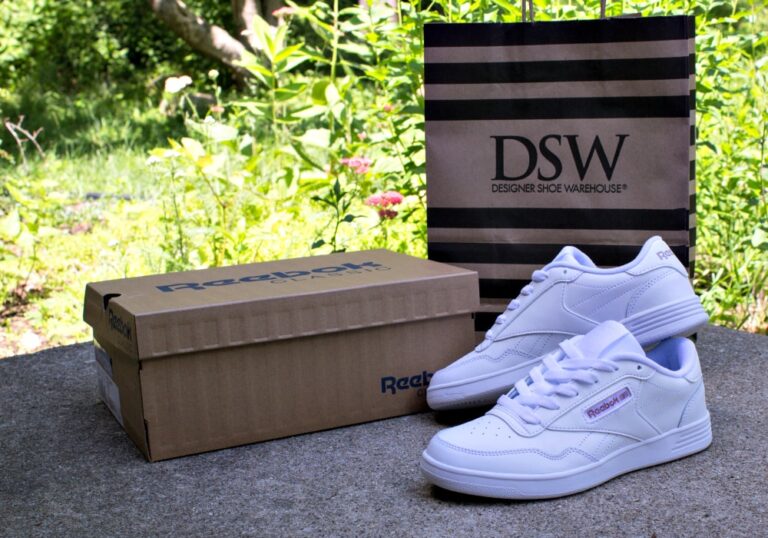


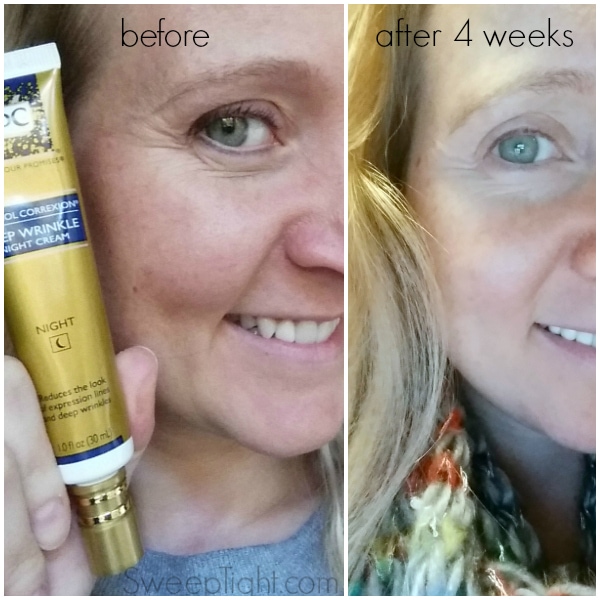
I learned that WaterSavers car washes use only 40 gallons (151.5 liters) or less of fresh water per car wash — less than the typical home washing machine.
I learned that A study by the City of Federal Way (Washington) found that residential car washing led to the following being released into their storm sewer system:
190 gallons (719 liters) of gasoline, diesel and motor oil
400 pounds of phosphorus and nitrogen
60 pounds of ammonia
2,200 pounds of surfactants
3,000 pounds of solids
I used the locator and found out that there is a Water Savers location less than three miles from my house! Good to know.
I learned that When you wash your car on pavement, the rinse water runoff — along with all the chemicals it contains — can go to storm drains that empty directly into rivers and streams! How terrible! I will take my car to a Watersaver car wash. I found one in my City.
I learned that WaterSavers® car washes use an average of no more than 40 gallons (151.5 liters) of fresh water per car. All of that water is either recycled or returned to the environment cleanly.
I learned when you wash your car you are actually polluting the environment.
I learned When you wash your car on pavement, the run-off carries the grime and chemicals into the soil and storm drains that empty directly into our rivers.
Water entering storm drains, unlike water that enters sanitary sewers, does not undergo treatment before it is discharged.
I learned that Water Savers use an average of no more than 40 gallons of fresh water per car. That’s less than most washing machines, very nice!! 🙂
Something I learned – According to the U.S. Environmental Protection Agency, the average home washing machine uses 41 gallons of water per load.
Isn’t that amazing?
thank you
I learned that the cleaner your car, the less wind resistance so that means better fuel economy.
I learned that when you wash your car on pavement, the run-off carries the grime and chemicals into the soil and storm drains that empty directly into our rivers.
This site was informative. I learned that WaterSavers® car washes use an average of no more than 40 gallons (151.5 liters) of fresh water per car.
These car washes also use only 40 gallons (151.5 liters) or less of fresh water per car wash — less than the typical home washing machine.
I learned that after 5 million car washes that the damage to the car was less then one tenth of one percent. I would think it would be more
pattifritz2000 at yahoo dot com
thank you
I really love this idea . It’s super important to conserve/reduce, and reuse water since it will become in short supply even here in the US. If I get a carwash i’d definitely go to one of these establishments. “WaterSavers® car washes prevent water pollution by routing wash water to treatment prior to its return to the environment. These car washes also use only 40 gallons (151.5 liters) or less of fresh water per car wash — less than the typical home washing machine.” I find this inventive and fabulous for a better earth.
I learned that it is better to get your car washed at a car wash, than doing it at home.
The water used in WaterSavers car washes is cleaned through filtration or treatment systems prior to returning to the environment
Residential car washing led to the following being released into their storm sewer system:
190 gallons (719 liters) of gasoline, diesel and motor oil
I learned that washing vehicles on pavement at home causes harm to local waterways. Never thought about that before
I learned that washing vehicles on pavement causes harm to local waterways. Water entering storm drains, unlike water that enters sanitary sewers, does not undergo treatment before it is discharged.
Never thought pavement causes harm to local waterways
I learned:
Pavement Pollutes
When you wash your car on pavement, the run-off carries the grime and chemicals into the soil and storm drains that empty directly into our rivers.
I like the following fact– Improve fuel economy—
Did you know that the cleaner your car, the less wind resistance? That means better fuel economy.
Water Savers helps by not polluting the drains. I like car washes b/c I always get a good deal. Thank you for the awesome giveaway 🙂
Pavement Pollutes! When you wash your car on pavement, the run-off carries the grime and chemicals into the soil and storm drains that empty directly into our rivers.
I learned that they route their used water for treatment before releasing it back into the environment
Pavement Pollutes
When you wash your car on pavement, the run-off carries the grime and chemicals into the soil and storm drains that empty directly into our rivers.
Water savers car wash use less fresh water than a washing machine, no more than 40 gallons per car.
I learned that WaterSavers® car washes prevent water pollution by routing wash water to treatment prior to its return to the environment. .
I learned that WaterSavers car washes also use only 40 gallons (151.5 liters) or less of fresh water per car wash – less than the typical home washing machine.
I learned Using a garden hose at home, you can use more than 60 gallons (227.1 liters) in as little as five minutes.
I learned that WaterSavers car washes use an average of no more than 40 gallons (151.5 liters) of fresh water per car. All of that water is either recycled or returned to the environment cleanly.
I learned that you can search for a Watersavers location near you.
When you wash your car on pavement, the run-off carries the grime and chemicals into the soil and storm drains that empty directly into our rivers.
They recycle the wash water. How cool is that?
I learned that the closest Water Savers location is 21 miles away from me in Mahopac, NY
I learned 1,000 WaterSavers® car washes worldwide are committed to meeting strict criteria to help protect the environment.
I learned the run off from when you wash your car goes into the lakes and rivers.
I learned that hand washing your car uses alot more water and puts chemicals into the groundwater, then a carwash.
They recycle the wash water. Pretty cool!
I learned that they have a backflow prevention device is installed and operable on the potable water supply.
WaterSavers car washes do not pollute the environment and do not use much water.
I learned that WaterSavers car washes prevent water pollution by routing wash water to treatment prior to its return to the environment.
I learned about how there is less water used to wash each car through Water Savers than is used with a person’s home washing machine. This helps with saving water and keeping pollutants out of ground water by using Water Savers.
They recycle the wash water.
I learned that the runoff water from washing our vehicles in our driveway enters our storm drains and that water contains chemicals that end up polluting our rivers.
washing your car can help you feel prideful
I learned that it is best to go to a watersavers to wash your car at home to conserve water
I learned that when you wash your car on pavement, the run-off carries the grime and chemicals into the soil and storm drains that empty directly into our rivers.
They use 40 gallons or less of water per car wash
When you wash your car on pavement, the run-off carries the grime and chemicals into the soil and storm drains that empty directly into our rivers.
Watersavers car washes prevent water pollution n by routing wash water to treatment prior to its return to the environment.
I learned that their waste water is filtered and recycled.
I learned about the run off from pavement getting into our rivers. I’d never really thought of that before.
I learned that Watersavers prevents pollution from the run off when we wash cars
“Did you know that the cleaner your car, the less wind resistance? That means better fuel economy.” – I didn’t know this. I just like to keep my car clean and shiny 🙂 Good to know though!!
I learned that they have many water saving resource sites that you can go to for more info on how to protect/preserve our water.
I learned that washing regularly keeps windshields, mirrors and signal lights clean. You will see more of the road, and others will be better able to see you.
Thanks for the chance to win!
wildorchid985 at gmail dot com
I learned about the problems that runoff can cause by getting into the soil
I learned that when you wash your car on pavement, the run-off carries the grime and chemicals into the soil and storm drains that empty directly into our rivers! I really never thought about it!
Car washing can be bad for the environment
I found out that the amount of water a Watersaver’s car wash uses per car is only about as much water as you use to wash a load of laundry.
Really need enviornment friendly car wash ways
i learned there was one less than a mile away from me.
Low tire pressure will cause your vehicle to overexert itself and waste gas so I learned to check my tire pressure regularly
I never even thought about this… when you wash your car on pavement, the run-off carries the grime and chemicals into the soil and storm drains that empty directly into our rivers, learn something new everyday.
I learned-WaterSavers® car washes prevent water pollution by routing wash water to treatment prior to its return to the environment.
looking forward to the party
“WaterSavers® car washes use an average of no more than 40 gallons (151.5 liters) of fresh water per car. All of that water is either recycled or returned to the environment cleanly.”
I was surprised to learn that is less than the average washing machine (according to the EPA)